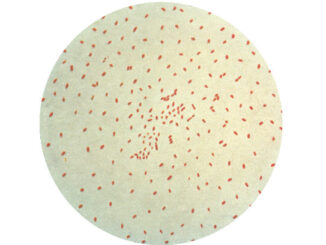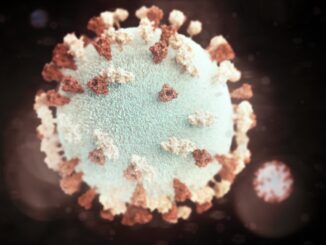Balancing Act: Study Reveals Maternal Vaccination’s Dual Role in Protecting Newborns and Influencing Infant Immunity Dynamics
Prior to large scale immunization programs introduced in the 1940s, pertussis, or whooping cough, was a leading cause of childhood mortality. Despite this, pertussis has experienced a resurgence in recent decades, the cause for which remains a contested subject. One hypothesis suggests that immunological blunting—where maternally transferred antibodies potentially interfere […]










